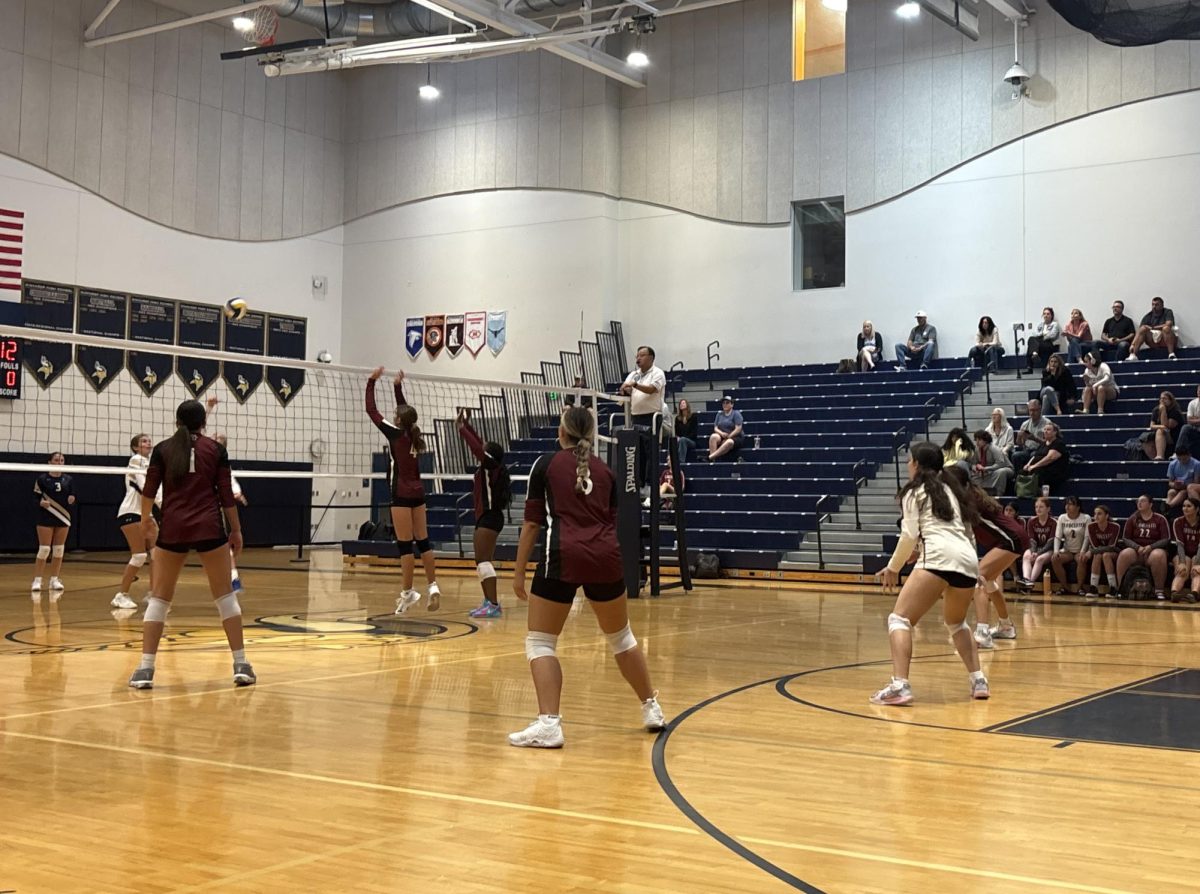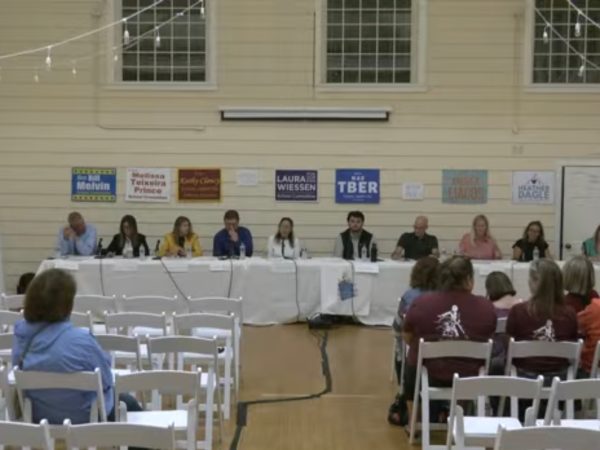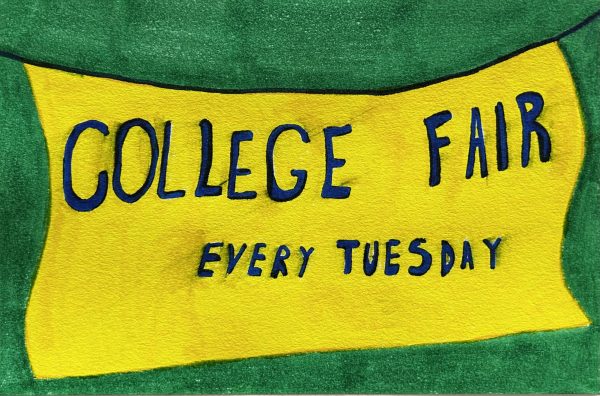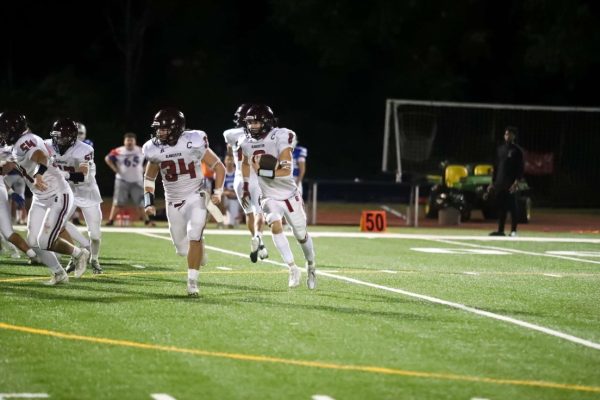Understanding the ballot questions
With the mock election coming up in homeroom this week, The Gillnetter staff has put together a summary of the three ballot questions.
Students can view a sample ballot on their homeroom Google Classroom, and read the full texts of the questions by clicking here.
Question 1: Motor Vehicle Mechanical Data
Question One determines if independent repair shops and vehicle owners can collect a vehicle’s mechanical data wirelessly. This data will be used for diagnostic testing and repair at independent dealerships . A yes vote would allow independent repair facilities to access wirelessly transmitted mechanical data used for vehicle repair.
YES: This would allow customer choice on where to go for vehicle repair, as the independent repair shops have access to the same data. Those in favor of this question argue vehicle owners wouldn’t be forced into spending more money at larger, brand name repair shops if it passes.
NO: Opponents of this question state privacy concerns. They argue this may make it easier for others to steal the data from your vehicles despite encryption. They also warn domestic violence victims that if their abusers had access to this information, it could put them in danger.
Question 2: Ranked Choice Voting
On the voting ballot, question 2 is “Ranked Choice Voting”. Ranked choice voting would mean that people would be able to rank their candidates in order of preference.
YES: A yes vote supports ranked choice voting. Proponents claim ranked choice voting addresses the following problems: Large companies have too much control over our democracy; candidates can win less than a majority and independents are shut out; politics are tearing us apart preventing solutions to major issues.
The ranked choice ensures that the winner has the majority support and shows the truth of the people. By voting YES for question two, it gives voters more of a voice.
NO: A no vote makes no changes to the voting process. Opponents of ranked choice voting are concerned that the new system will confuse voters.
Question 3: Debt exclusion override
Question three addresses the plan to consolidate East Gloucester and Veterans Elementary Schools and build a new school for both school populations at Mattos Field beside the current Veterans. The question asks about approval for a debt exclusion override, which would increase the property tax of Gloucester residents in order to cover the cost of the project. The MSBA has already awarded Gloucester a grant of $26.9 million to be put toward the construction; the tax increase would cover the remaining $39.8 million.
YES: A yes vote supports the debt exclusion override, which would raise taxes by about $20 per $100,000 of assessed value for 25 years. East Gloucester and Veterans were constructed in the 1940s and 50s and are outdated – both in terms of space (there are no art or counseling rooms) and in terms of infrastructure (plumbing, HVAC, etc). Those who argue for yes on 3 state that this plan is the cheapest way to provide students and faculty the resources and space they need for a safe, successful educational experience.
NO: A no vote does not support the debt exclusion override, and by extension, the building of the new school. Many who argue no on 3 are against increased taxes. Others want to protect small community schools, or Mattos Field, which is the public softball field where the new building is to be constructed.
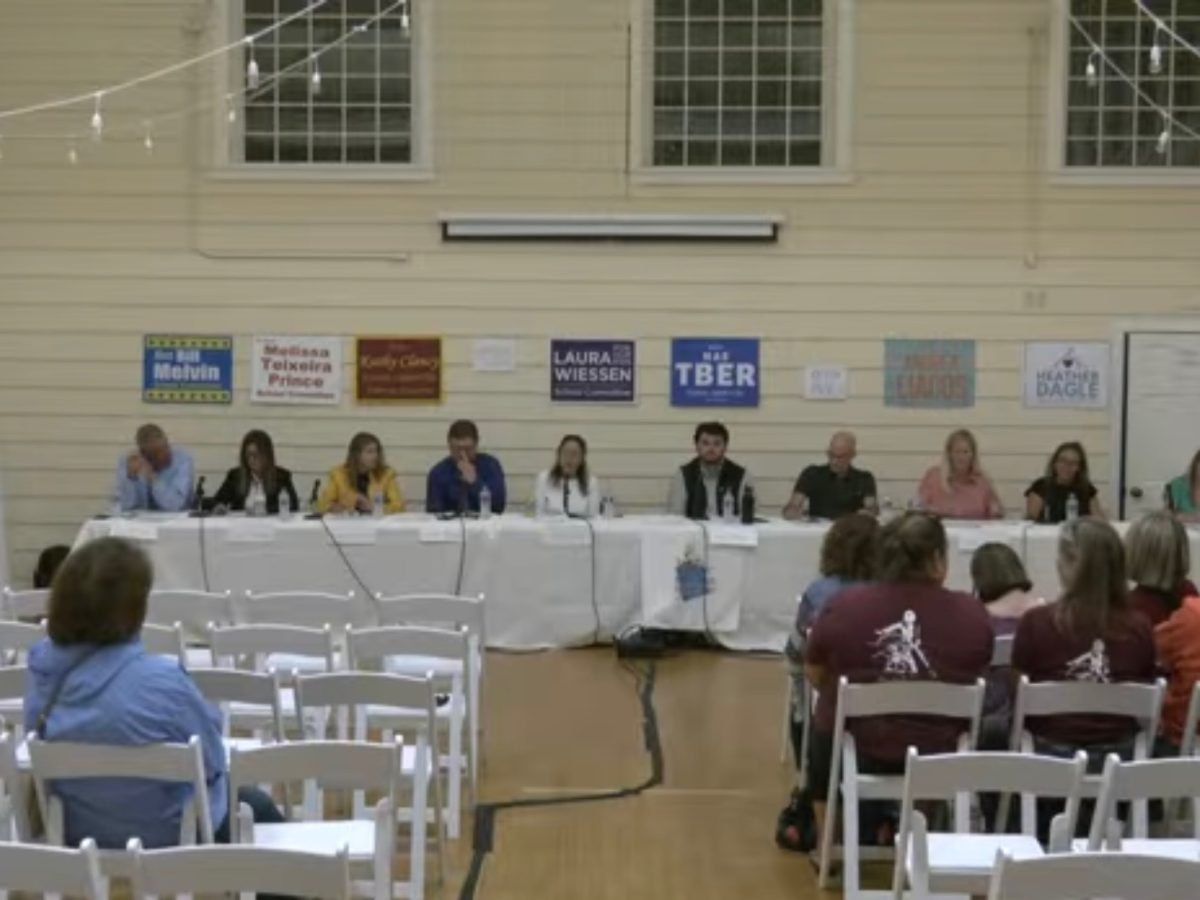










![The GHS/MERHS senior cross country runners pose together on Senior Night. [Photo courtesy of Manchester-Essex Athletics]](https://thegillnetter.com/wp-content/uploads/2025/10/Screenshot-2025-10-10-at-11.18.29-AM.png)

